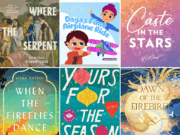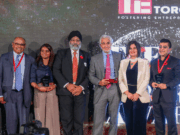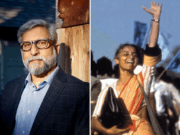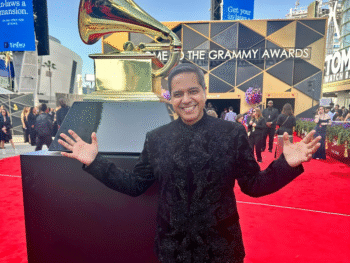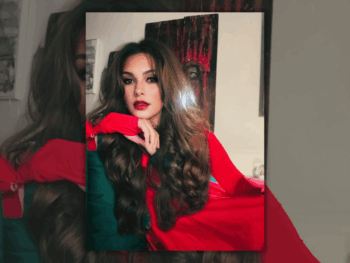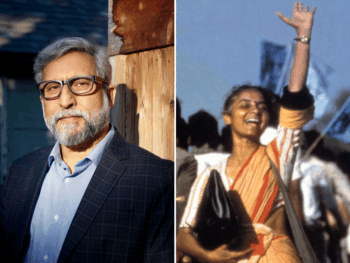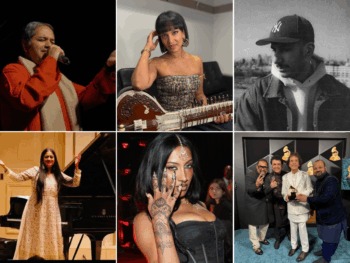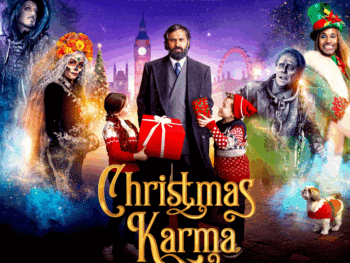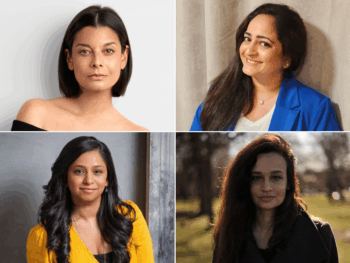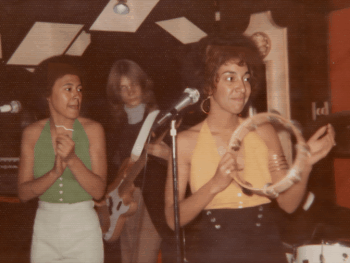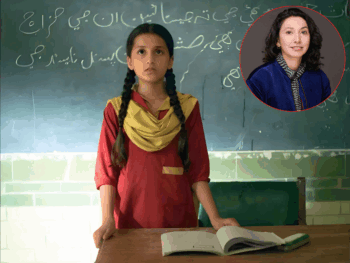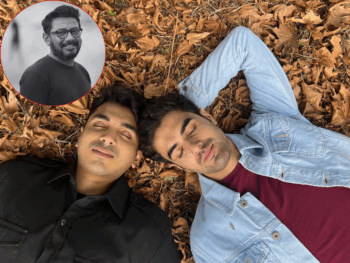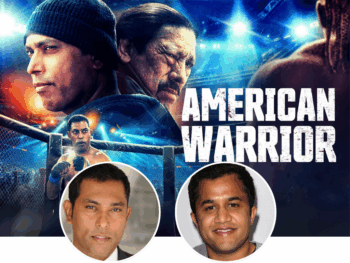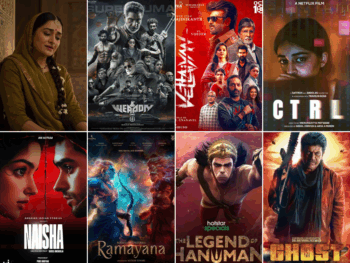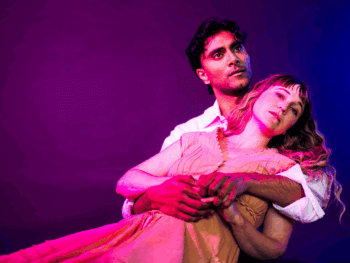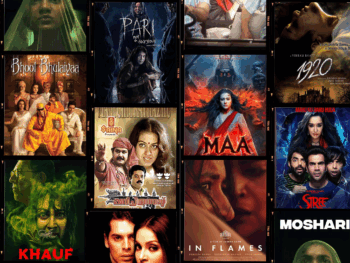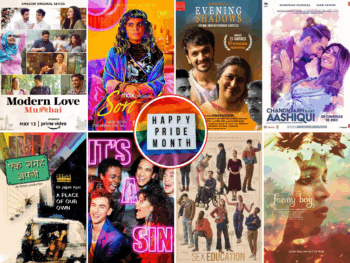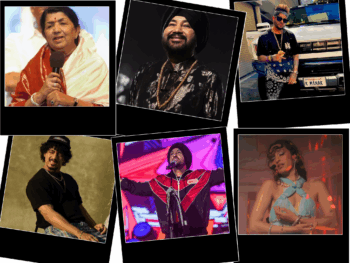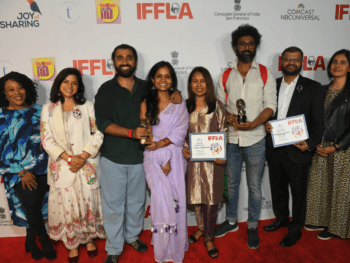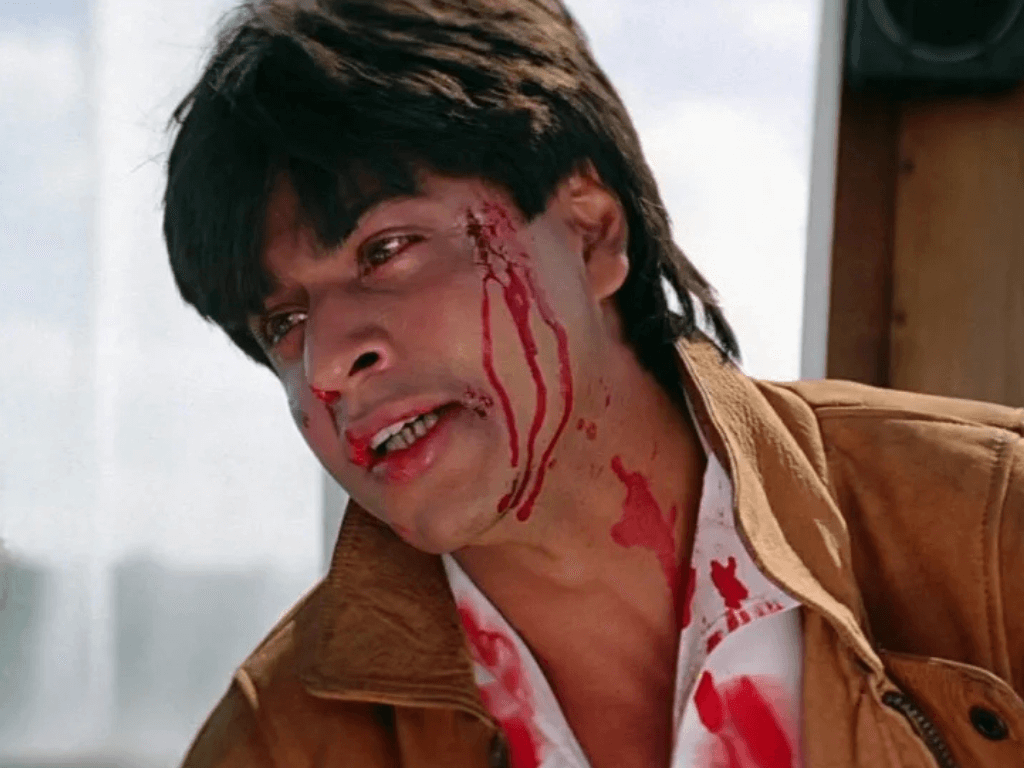
World Mental Health Day: How Bollywood Has Used Its Power Of Storytelling To Address Mental Health Stigmas
Entertainment Oct 10, 2024
Mental health is a vital aspect of our overall well-being that is often overlooked or misunderstood, particularly in traditional settings such as families, workplaces, and popular culture. For me, understanding mental health is deeply personal; I believe we all carry our unique struggles, and it’s essential to create space for healing and growth. In today’s fast-paced world, where societal pressures can weigh heavily on individuals, I feel it’s crucial to prioritize mental health. Embracing our mental health journeys with openness and compassion can lead to profound healing and personal growth.
By recognizing the importance of seeking help and engaging in conversations about mental health, I see an opportunity to break down stigmas and foster a supportive community where everyone feels empowered to take charge of their well-being. Encouraging individuals to share their struggles not only promotes understanding but also inspires others to seek the help they need. As Bollywood begins to acknowledge this necessity for open dialogue, I believe we are taking important steps toward normalizing mental health discussions and creating a culture of empathy and support.
Interestingly, Bollywood is now exploring mental health through innovative genres like comedy and horror, infusing these topics with a sense of levity while still addressing their seriousness. Films like Bhool Bhulaiyaa blend suspense with a sensitive portrayal of dissociative identity disorder, allowing audiences to engage with these issues in an entertaining yet thought-provoking manner. This creative approach not only entertains but also cultivates awareness, encouraging viewers to reflect on mental health while laughing or feeling the thrill of the narrative. Such unique storytelling techniques illuminate the complexities of mental health, proving that we can address serious topics with both sensitivity and creativity.
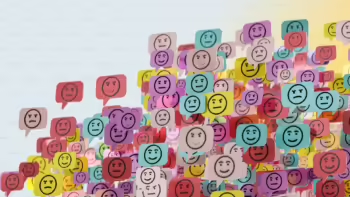
In a society that often expects us to “stay strong,” these films remind us that mental health is not just important, it’s essential to how we live, love, and thrive. These stories reflect the genuine struggles many people face, creating space for empathy and understanding in a world that still hesitates to engage with mental wellness fully. According to the World Health Organization (WHO), more than 90 million people in India, or 7.5% of the country’s 1.3 billion population, suffer from some form of mental disorder. (Source – Stats)
While Bollywood has made headway in this direction, there’s still room for growth in portraying mental health with the depth and authenticity it needs. Through these gradual shifts, both in cinema and in our daily lives, we can work toward creating a culture where mental health is valued as much as physical health.
Bollywood has always been renowned for its emotionally rich and impactful narratives, but which films have genuinely captured the essence of mental health struggles? Here’s a compilation of standout movies that have resonated deeply with us.
Khamoshi
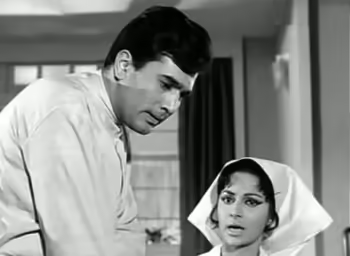
The 1970 film Khamoshi, directed by Asit Sen, was one of the first Bollywood films to address mental health. In the story, Nurse Radha, played by Waheeda Rehman, cares for two heartbroken patients, both rejected in love. Set in a psychiatric ward led by Colonel Sahab, a World War II veteran, the film delves into Radha’s emotional breakdown as she becomes too involved with her patients. After treating Arun, a writer suffering from mania, Radha becomes emotionally overwhelmed, eventually turning into a patient herself. The film poignantly explores the emotional toll on caregivers, making it a landmark portrayal of mental health in Bollywood.
Arth
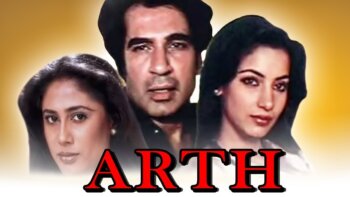
Another notable Bollywood film that delves into mental health is Arth (1982), an acclaimed arthouse drama that has since achieved cult status. Directed by Mahesh Bhatt, the film examines the breakdown of a marriage, focusing on the turbulent emotional landscape of its characters. Smita Patil stars as the husband’s lover, a woman plagued by severe anxiety who eventually suffers a breakdown. Arth, which translates to “meaning,” is a semi-autobiographical piece inspired by Mahesh Bhatt’s life and extramarital relationship with actress Parveen Babi. This film is a powerful portrayal of mental health struggles and one of the top 25 Bollywood films compiled by Indiatimes Movies.
Black
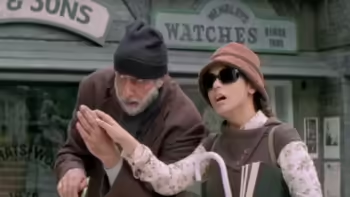
Black (2005), an acclaimed drama directed, co-written, and co-produced by Sanjay Leela Bhansali, presents a poignant story of resilience and mentorship. Starring Rani Mukherji and Amitabh Bachchan, the film centres on Mukherji’s character, who overcomes multiple challenges under the guidance of her teacher, played by Bachchan. In a powerful plot twist, Bachchan’s character is diagnosed with Alzheimer’s disease, shifting their roles as the former student begins to care for her ailing mentor. The film successfully captures the initial signs of Alzheimer’s, including symptoms like confusion and disorientation. Nevertheless, Black made a significant impact in raising awareness about the condition.
Darr
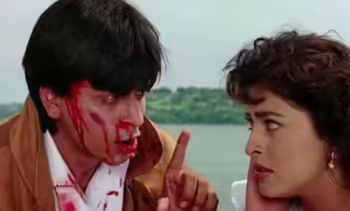
In Darr (1993), directed by Yash Chopra, Shah Rukh Khan’s character Rahul suffers from multiple psychological disorders, including delusions. He clings to the belief that his mother is still alive and is equally convinced that Kiran (played by Juhi Chawla) reciprocates his love. His obsessive stalking of her reveals both homicidal and self-destructive tendencies.
The film marked one of Khan’s breakthrough roles and was one of the first major Hindi films to feature a psychiatrist. A stammering loner, Rahul embodies the Bollywood trope of romanticized stalking, famously uttering “Kkkk…Kiran” as he pursues her relentlessly. While the film had the potential to ignite conversations about mental health, particularly among young men, it instead reinforced the glorification of obsessive behaviour. Khan’s portrayal of this obsessive anti-hero not only became iconic but also helped popularize a troubling narrative in which women are seen as the driving force behind a man’s spiral into madness.
Peepli Live
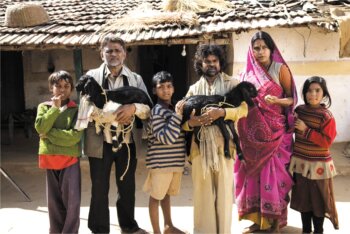
In 2010, Peepli Live, a modest yet impactful film, tackled the issue of farmer suicides, a tragic reality acknowledged in Indian Government statistics. This satirical black comedy not only highlights the economic hardships farmers face but also subtly touches on the mental health toll these pressures can create, especially in isolated rural communities. The film also critiques the sensationalized media and political responses to such crises. Cinematographer Shanker Raman skillfully captures the raw, rural landscape, complemented by authentic art and costume design.
Heroine
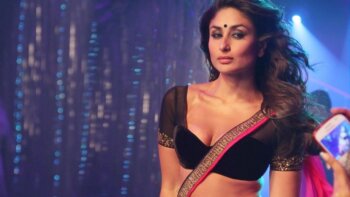
Heroine (2012), an Indian Hindi-language drama directed, written, and co-produced by Madhur Bhandarkar, explores the life of a once-famous actress whose career is fading. Kareena Kapoor plays the lead role, portraying a character struggling with bipolar disorder. Although the film doesn’t centre exclusively on her illness, it highlights how the disorder contributes to her professional and personal decline. Despite its focus on her career fallout, Heroine brings awareness to bipolar disorder and its management, shedding light on the challenges faced by those living with the condition.
Taare Zameen Par
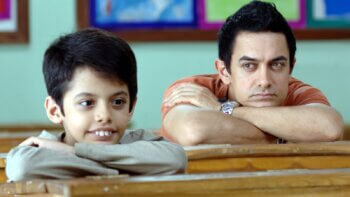
Taare Zameen Par (2007) is a Hindi psychological drama directed and produced by Aamir Khan. This film addresses the topic of learning disabilities, focusing on the emotional challenges children face and advocating for a more compassionate and supportive approach. Rather than stigmatizing those with learning differences, it encourages understanding and empathy.
For me, this film holds a deep personal connection. As someone who has dyslexia, I faced misunderstanding and mistreatment in school, at a time when awareness of learning disabilities was scarce. This lack of understanding forced me to change schools five times. Taare Zameen Par captures the struggle I once lived, making it a profoundly emotional and meaningful film that shines a light on the need for better support systems in education.
Bhool Bhulaiyaa
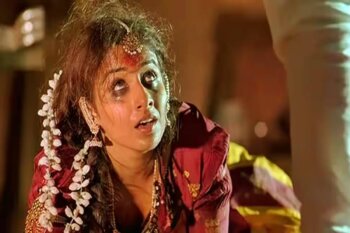
Bhool Bhulaiyaa (2007), a Hindi comedy-horror directed by Priyadarshan and produced by T-Series, is based on the 1993 Malayalam film Manichitrathazhu. This film addresses the complex topic of dissociative identity disorder, blending suspense with a thoughtful exploration of mental health. It brings attention to the importance of understanding and empathizing with mental health challenges, encouraging a compassionate approach.
Movies like Bhool Bhulaiyaa reflect a meaningful shift in Bollywood, as the industry moves from sensationalizing mental health to portraying these issues with greater authenticity and depth.
Tamasha

Tamasha directed by Imtiaz Ali, thoughtfully addresses mental health issues with remarkable sensitivity and depth. The film follows the journey of Ved, portrayed by Ranbir Kapoor, and skillfully examines how societal expectations shape individual identity. It highlights the struggle between conforming to societal norms and embracing one’s true self, offering a nuanced perspective on the challenges of mental health.
With its emotive storytelling and well-developed characters, Tamasha plays a significant role in dismantling the stigma surrounding mental health, encouraging viewers to contemplate the complexities of personal well-being in a compassionate and thought-provoking way. Released in 2015, this Indian psychological coming-of-age romantic drama resonates deeply with audiences, fostering a deeper understanding of mental health battles.
Dear Zindagi
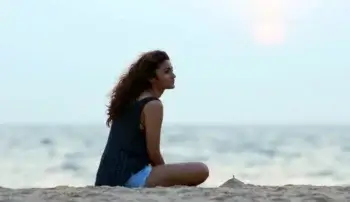
Dear Zindagi (2016), directed and written by Gauri Shinde, is a coming-of-age comedy-drama that beautifully explores the complexities of therapy and self-discovery. Through the protagonist’s journey in counselling sessions, the film effectively normalizes seeking professional help for mental health challenges, emphasizing that mental health is a vital component of overall well-being.
I absolutely adore this film for its relatable narrative and heartfelt portrayal of the healing process. It resonates with me deeply, encouraging viewers to embrace their mental health journeys with openness and compassion.
Chhichhore
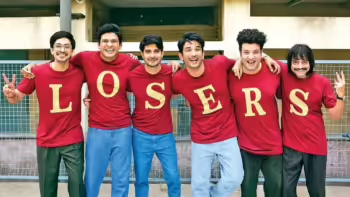
Set in both the 1990s and 2019, Chhichhore unfolds the heartfelt story of Aniruddh “Anni” Pathak, a middle-aged man grappling with divorce. When his son, Raghav, attempts suicide after failing the JEE entrance exam, Anni is thrust into a desperate situation. Despite surviving, Raghav is haunted by the stigma of being labelled a “loser.” To comfort his son, Anni shares his college memories, recounting the times he and his five friends were also branded as losers. As he shares these nostalgic tales, his friends join in to complete the narrative.
Directed by Nitesh Tiwari, Chhichhore poignantly addresses the heavy burden of parental expectations and societal labels, illustrating how these pressures can impact mental health. Through resilience and camaraderie, the film emphasizes that true success lies in embracing one’s journey rather than succumbing to societal labels.
Judgementall Hai Kya

The decision to rename the film highlighted a larger cultural conversation about the language we use around mental health. By sparking dialogue, Mental Hai Kya (now Judgementall Hai Kya) brought attention to how insensitive language can reinforce damaging stereotypes, particularly for those living with mental health conditions like psychosis. This controversy also served as a reminder that films have the power to either perpetuate stigma or foster understanding. In addressing these concerns, the film industry took a step toward promoting greater empathy and respect for those navigating mental health challenges.
15 Park Avenue
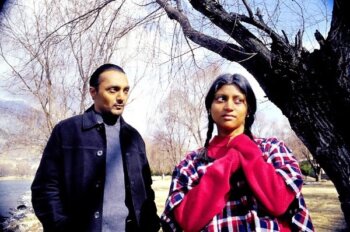
In 15 Park Avenue, Aparna Sen crafts a poignant narrative around Meethi (Konkona Sen Sharma), a woman living with schizophrenia, who drifts between reality and her own constructed world. Anu (Shabana Azmi), Meethi’s dedicated older sister, gives up her career to provide full-time care, watching helplessly as Meethi’s delusions deepen, especially after a traumatic assault.
This portrayal deeply resonates with me, as I have seen firsthand the complexities of living with schizophrenia through a family member’s journey. Their struggle; and ours as a family, highlighted the importance of patience, compassion, and a strong support network in dealing with mental illness. The film is a reminder of how essential it is for society to truly understand the inner lives of those affected by conditions like schizophrenia, which are often misunderstood.
Kyon Ki
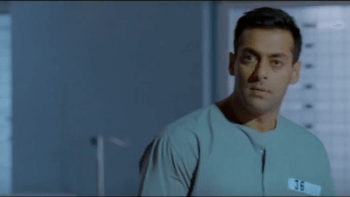
Kyon Ki is a 2005 Indian romantic drama film crafted by Priyadarshan, who also directed and wrote the screenplay. This movie is a reimagining of his earlier 1986 Malayalam film Thalavattam, itself influenced by the 1975 classic One Flew Over the Cuckoo’s Nest, which was adapted from Ken Kesey’s 1962 novel. The story delves into the life of a man grappling with schizophrenia, a condition that profoundly affects his mental state and relationships.
Conclusion
Mental illness, unfortunately, still carries a heavy burden of stigma in our society, with those affected often dismissed and ridiculed. Terms like paagal (meaning crazy) are casually thrown around, reducing serious mental health conditions to mere jokes or insults. This disregard not only isolates individuals struggling with mental illness but reinforces harmful stereotypes, leaving them to navigate their challenges alone.
The casual use of paagal reveals a deep-seated ignorance about mental health and perpetuates the idea that those with mental disorders are somehow “less than” or undeserving of empathy. These hurtful labels prevent people from seeking help, as they fear judgment, isolation, and rejection from society. It’s time to replace this ridicule with understanding and to shift the conversation towards compassion. By reframing our approach, we create a culture where mental health is recognized as an integral part of overall wellness, and where everyone feels supported in their journey to healing.
Check out my article where I had the opportunity to interview Dr. Taaha Muhammad, MD, CCFP, and Counselling Lead at Naseeha Mental Health in Mississauga. In our conversation, we delved deep into the topic of depression within South Asian culture, gaining valuable insights into how cultural nuances impact mental health awareness and treatment in our communities.
Bollywood, along with other film industries, possesses a unique ability to capture the true essence of mental health struggles, providing audiences with a window into the realities of these challenges. Through genuine portrayals, cinema can deepen public understanding of mental health issues, encourage individuals to seek support and foster a sense of acceptance toward various disorders. In today’s cinematic landscape, I believe that Bollywood holds the power to make a meaningful difference in countless lives.
I sincerely hope that future films will continue to shed light on the experiences of those living with mental health challenges, helping our society gradually break down the stigmas that surround mental wellness. By sharing these powerful stories, we can inspire empathy, raise awareness, and move toward a more compassionate and inclusive world for everyone.
Mehak Kapoor | Entertainment Editor
Author
Mehak Kapoor (@makeba_93) is an entertainment and lifestyle journalist with over a decade of experience in anchoring and content creation for TV and digital platforms. Passionate about storytelling and factual reporting, she enjoys engaging with diverse audiences. Outside of work, she finds solace i...












